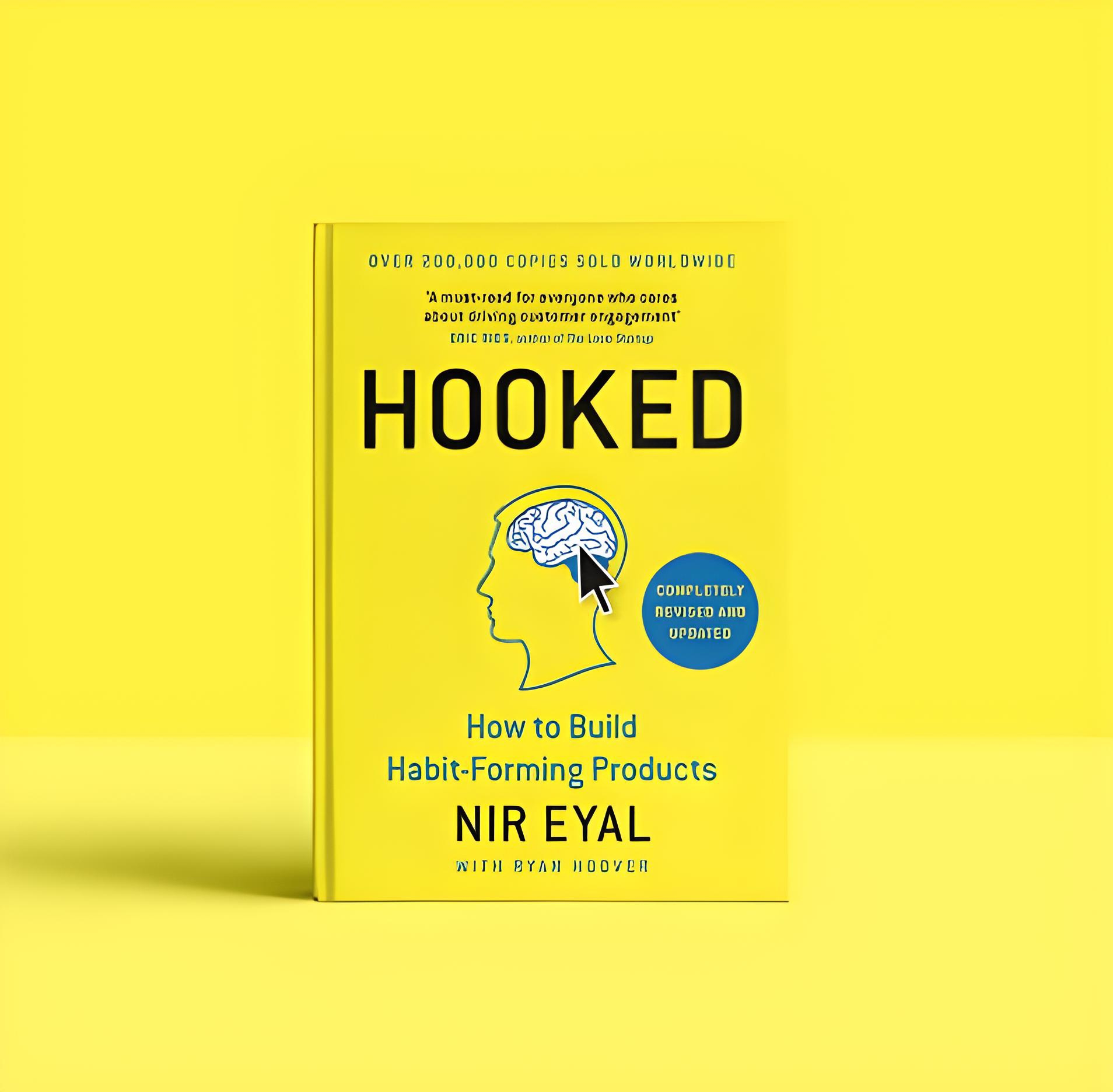Back
Naman Arora
Interested in financ... • 1y
Many apps are designed to stimulate dopamine release, the brain’s "reward chemical," which reinforces behaviors that feel pleasurable. Likes, comments, messages, and news updates create a cycle of reward-seeking behavior, making it hard to stop.
Replies (4)
More like this
Recommendations from Medial
Only Buziness
Everything about Mar... • 7m
“Digital Dopamine Design: How Apps Hack the Brain to Drive User Engagement” Digital Dopamine Design refers to crafting digital experiences that stimulate the brain’s dopamine response—the chemical tied to reward, motivation, and pleasure. Think of i
See MoreOnly Buziness
Everything about Mar... • 8m
“Hooked on Repeat: How Habit Loops Build Loyal Customers Without Them Knowing” Habit loops are built on three parts: cue, routine, reward. Once this cycle repeats, a habit is formed—often subconsciously. Businesses engineer these loops to drive cust
See MoreOnly Buziness
Everything about Mar... • 4m
The psychology of “free” plays a powerful role in marketing — it triggers an emotional response that bypasses logic. When customers see something labeled as “free,” their brain perceives it as zero risk and instant reward, releasing dopamine — the ha
See Morebrijesh Patel
Founder | Venture Pa... • 9m
Dangers of this new world. The world is changing so fast that the only way forward is to question everything and make space from your normal routine. Everyone has become hooked/programmed – if you’ve read about the drug self-administration test, a
See More
Download the medial app to read full posts, comements and news.












/entrackr/media/post_attachments/wp-content/uploads/2021/08/Accel-1.jpg)



















